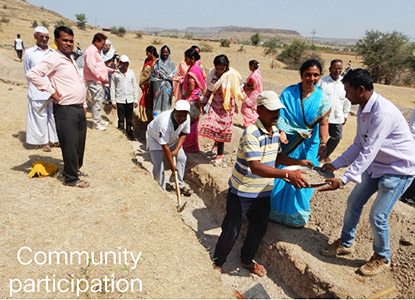
Expert General Medicine Services
Expert General Medicine Services encompass a wide array of diagnostic and therapeutic procedures aimed at maintaining the overall health of the adult population. Unlike surgical branches that focus on structural repair, general medicine focuses on the chemical and physiological balance of the body. In India, the demand for these services is skyrocketing due to the dual burden of infectious diseases and lifestyle disorders. Physicians providing these services are experts in "Internal Medicine," meaning they look deep into the bodys systems to find the root cause of an illness. From treating acute infections like typhoid, dengue, and seasonal influenza to managing complex immunological disorders, their scope is vast. They utilize advanced diagnostic tools such as MRI, CT scans, and detailed blood panels to formulate a diagnosis. The approach is always evidence-based, ensuring that patients receive treatments that meet global medical standards while being cost-effective.
Expert General Medicine Services are particularly crucial for the management of chronic lifestyle diseases which are becoming an epidemic. Diabetes, hypertension, and high cholesterol are silent killers that damage organs over time without showing immediate symptoms. Physicians in this field create long-term management plans that include medication titration, dietary planning, and lifestyle modifications. They act as coaches, motivating patients to stick to their health goals. Moreover, for the elderly population, general medicine services offer geriatric care. Older adults often face multiple health issues simultaneously, such as arthritis, memory loss, and heart disease. A general physician integrates the care for all these conditions, reducing the number of pills a patient has to take and minimizing the risk of adverse drug reactions. This holistic management improves the quality of life for senior citizens significantly.
Expert General Medicine Services also play a critical role in preoperative evaluation. Before any patient undergoes a major surgery, a general physician assesses their fitness to withstand anesthesia and the stress of the procedure. They manage post-operative recovery as well, monitoring for infections or complications like deep vein thrombosis. Additionally, in the realm of critical care, general medicine experts are often the ones leading the ICU teams, stabilizing patients with organ failure or severe sepsis. Their ability to make quick, life-saving decisions makes them invaluable assets to any hospital. They also coordinate with other departments; for example, working with endocrinologists for hormonal issues or pulmonologists for respiratory distress. This interdisciplinary approach ensures that the patient receives 360-degree care. Ultimately, these services form the foundation of a robust healthcare system, ensuring that medical problems are addressed efficiently before they become life-threatening.








